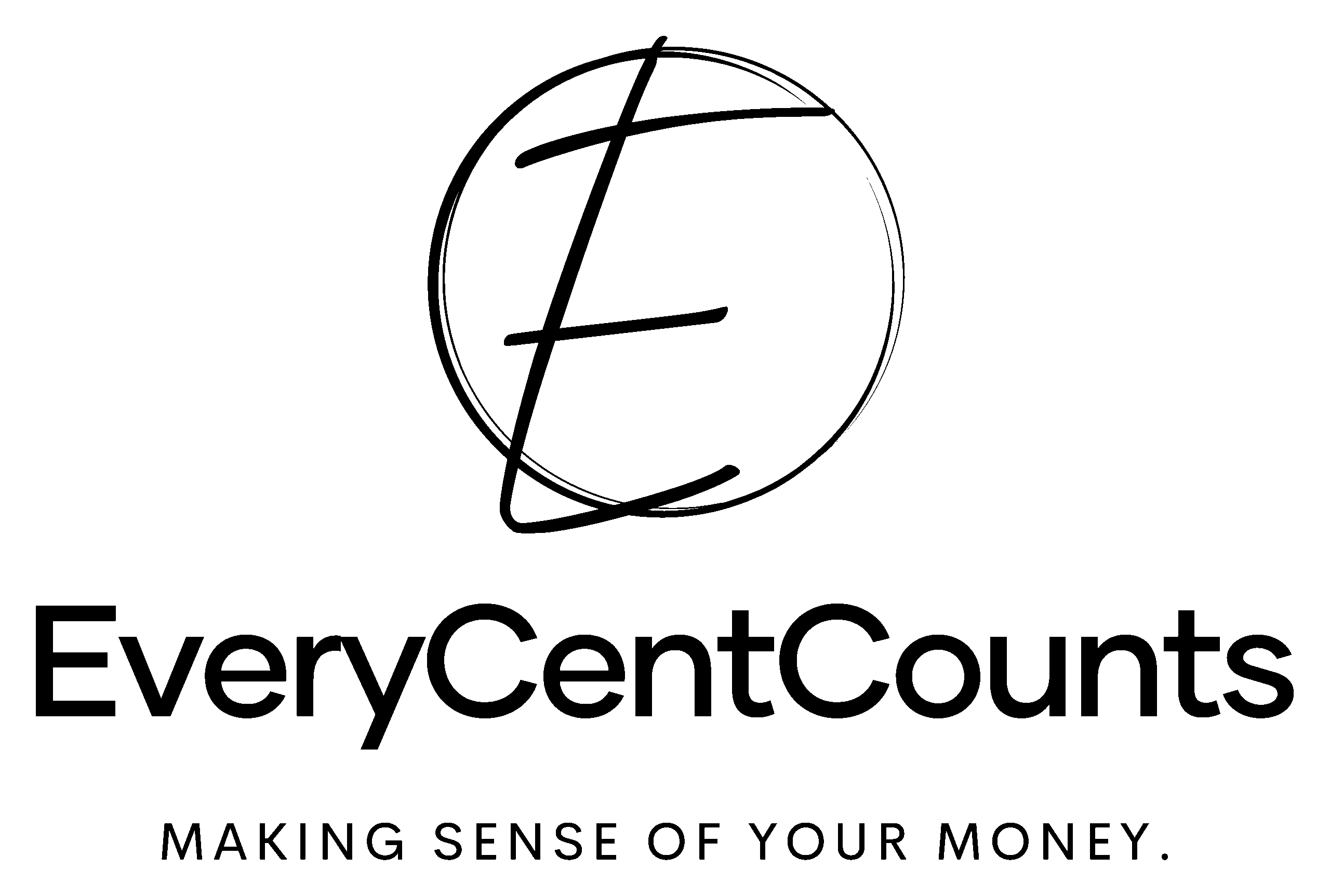Running a nonprofit organization is a labor of love, driven by a powerful mission to make a difference. You’re focused on serving your community, advocating for your cause, and maximizing every dollar to further your impact. But amidst the grant writing, volunteer coordination, and program delivery, there’s a critical, often unsung hero your organization desperately needs: an experienced nonprofit accountant.
You might be thinking, “We have a bookkeeper” or “Our treasurer handles the finances.” While these roles are valuable, navigating the unique financial landscape of a nonprofit requires a specialized skillset that goes far beyond basic bookkeeping. An experienced nonprofit accountant isn’t just about tracking numbers; they’re about ensuring compliance, maximizing resources, and ultimately, strengthening your organization’s ability to achieve its mission.
The Nonprofit Financial Maze: A Different Ballgame
Unlike for-profit businesses where the bottom line is profit, nonprofits operate under a different set of rules and regulations. This complexity necessitates expertise that a general accountant may not possess. Here’s why having an experienced nonprofit accountant is paramount:
- Navigating Fund Accounting: As we discussed in our previous post, fund accounting is a cornerstone of nonprofit finance. An experienced accountant understands the intricacies of tracking restricted and unrestricted funds, ensuring proper allocation and compliance with donor intent. They can set up and manage your chart of accounts effectively, providing clear visibility into how each funding source is being utilized.
- Ensuring Compliance and Avoiding Pitfalls: Nonprofits are subject to specific reporting requirements, tax regulations (like maintaining 501(c)(3) status), and potential grant compliance audits. A seasoned nonprofit accountant stays abreast of these ever-evolving rules, ensuring your organization remains compliant and avoids costly penalties or even jeopardizing your tax-exempt status.
- Mastering Revenue Recognition for Contributions and Grants: Unlike sales revenue, recognizing revenue from donations, grants, and in-kind contributions has its own set of rules. An experienced accountant understands these nuances, ensuring your financial statements accurately reflect your revenue streams and comply with FASB standards.
- Functional Expense Allocation: Nonprofits are required to report expenses by function (program, management & general, and fundraising). Accurately allocating shared costs across these categories is crucial for transparency and demonstrating to donors how their contributions are being used. A skilled accountant can establish robust allocation methodologies.
- Budgeting and Financial Planning Tailored for Nonprofits: Nonprofit budgeting isn’t just about forecasting income and expenses. It’s about aligning financial resources with your mission, planning for sustainability, and demonstrating financial responsibility to stakeholders. An experienced accountant can help develop realistic budgets, monitor performance against those budgets, and provide insights for strategic financial planning.
- Preparing for Audits and Reviews: Whether it’s an internal review or an external audit, having well-organized and accurate financial records is essential. A nonprofit accountant can prepare your organization for these processes, ensuring a smooth and successful outcome.
- Providing Strategic Financial Insights: Beyond compliance, an experienced accountant can be a valuable strategic partner. They can analyze your financial data to identify trends, highlight areas for improvement, and provide insights that inform crucial decisions about program expansion, fundraising strategies, and overall financial health.
- Building Trust and Transparency: In the nonprofit world, trust is paramount. Accurate and transparent financial reporting, overseen by a knowledgeable professional, builds confidence among donors, grantors, and the community you serve. This transparency is crucial for attracting and retaining support.
Investing in Expertise, Investing in Your Mission
Hiring an experienced nonprofit accountant is not an expense; it’s an investment in your organization’s long-term sustainability and impact. They provide the financial expertise necessary to navigate the complex regulatory landscape, maximize your resources, and ensure your organization operates with integrity and transparency.
Don’t let financial complexities hinder your mission. By partnering with a skilled nonprofit accountant, you can focus on what truly matters: making a positive difference in the world, knowing your financial foundation is strong and secure. It’s time to recognize that beyond the bake sales and passionate volunteers, a knowledgeable financial steward is an indispensable asset for any thriving nonprofit organization.

